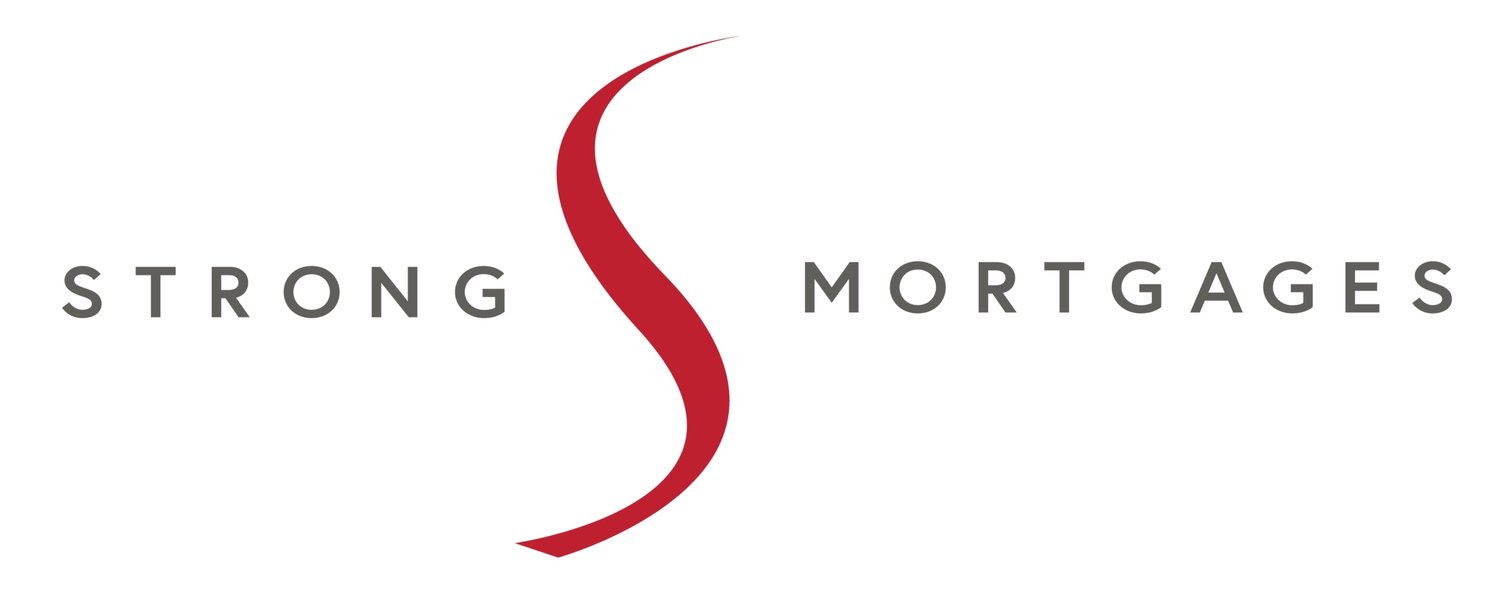 Is Buying in Metro Vancouver Worthwhile?
Is Buying in Metro Vancouver Worthwhile?
Part I – Investment Timeline
The constant increasing housing costs in the lower mainland has many questioning if it is even worth buying real estate. According to the MLSLink HPI, the average Great Vancouver home in the month of October 2011 was $623,000. The high-end average consists of homes in the Vancouver West area, averaging over $2 million for a detached house. Maple Ridge and Pitt Meadows apartments are at the lowest end with an average of $229,600 (1). While, $229,600 sounds reasonable compared to the 2 million for a home in Point Grey, the $229,600 apartment is still a 42km drive from the Vancouver core, and has a population just under 74,000 (2). This community, surrounded by extensive agricultural farmland, is smaller compared to the other cities around, yet Maple Ridge still has an average detached home value of $444,862 (3). A price that is comparable to Canada’s largest metropolitan city, Toronto, who is second to Vancouver for the highest detached home prices in the nation at $466,600 (4).
Is it possible for the Greater Vancouver area prices to go higher? Is there a bubble that will burst? And how can we get our young Canadians, singles or families to be able to afford to buy in a market that makes it difficult to live where you work or participate in activities at the metropolitan level?
To answer these questions, it’s important to understand the big picture while accessing the needs of homebuyers. To do this we will look at Part I: The investment Timeline and Part II: Considerations in Buying Real Estate.
Investment Timeline The Real Estate Board of Greater Vancouver Average Price graph shows prices of Greater Vancouver from 1977 to 2011 (5) . You can see how the home prices have fluctuated from one year to the next. However, it also shows clearly the big picture of steady growth over the course of 32 years. You will see a similar chart represented in the Dow Jones stock market Industrial Average over the similar time frame from 1980 to 2000 (6). Not that the housing market and stock market are synonymous, they vary by the types of buyers, the regulations to invest, and the liquidity, to name a few, but both housing and the stock market are strongly linked to the economic factors that may impact our everyday living. Plotting a best-fit line on both charts, as seen in blue, a similar story would be represented, with the stock market being a bit steeper due to the additional risk/reward associated with that investment. I have also included the stock market chart from 1900 to 2010 (7) to provide an extension to the timeline, with a gradual start, but ultimately telling the same story.



These best-fit lines show the growth of an overall long-term investment. As a society, I think we have been over stimulated with how we should be investing or saving our funds, with the main focus on our immediate situation. Generally, we seem to consider investments as either having money to invest into a quick high return stock portfolio or banking it for a slow and steady long-term savings option, such as RRSP. Quick profits can be achieved in the stock market and the real estate industry, but as you know, one usually has to be ready (with funds) and know exactly when to buy (at the low point) and when to sell (the high point), to get the best return. A skill that even the most qualified, educated and trained professionals cannot predict with certainty. Savings and retirement planning is also a solid option for the long term planning, however, the returns found in these balanced and more protected plans rarely attribute to a type of substantial or fair return, and you have to wait until you retire to realize any benefit.
Real estate, in a long-term plan, can provide a place for you to live in now and in the future, offer you ways for you to see greater returns on your property (increasing equity over time and ability to pay down your mortgage and save on interest costs), as well as create a retirement saving plan out of your home ownership. If you pay off your home in your 25-30 year mortgage or sooner, those mortgage payments you no longer need to make can go directly into saving for the future. To achieve success in the real estate market, time is important factor to understand. Property values will continue to rise and fall, but if you can position yourself comfortably and maintain your home through the ups and downs, you will likely see some decent to strong returns on your investment with relatively low risk.
Part II will review other factors to be considered when investing in real estate.
Footnotes: (1) “News and Statistics”. MLSLink HPI. http://www.rebgv.org/housing-price-index?region=all&type=all&date=2011-10-01. (7 November, 2011). (2) “Community”. Demographics. http://www.investmapleridge.ca/EN/main/community/32127/demographics.html. (7 November, 2011). (3) “News and Statistics”. MLSLink HPI. http://www.rebgv.org/housing-price-index?region=all&type=all&date=2011-10-01. (7 November, 2011). (4) RBC Royal Bank Housing Affordability Index, November 2010. “Home Buyer Resources”. Average Canadian Housing Prices. http://www.rbcroyalbank.com/mortgages/avg-canadian-housing-prices.html). (7 November, 2011). (5) The Real Estate Board of Greater Vancouver Average Price Graph January 1977 to November 2011. http://www.bcestates.com/Stats.jpg. (31 December, 2011). (6) “Historical”. Dow Jones Industrial Averages (1980-2000 Daily). http://stockcharts.com/freecharts/historical/djia19802000.html. (7 November, 2011). (7) “Historical”. Dow Jones Industrial Averages (1900-Present Monthly). http://stockcharts.com/freecharts/historical/djia1900.html. (7 November, 2011).

